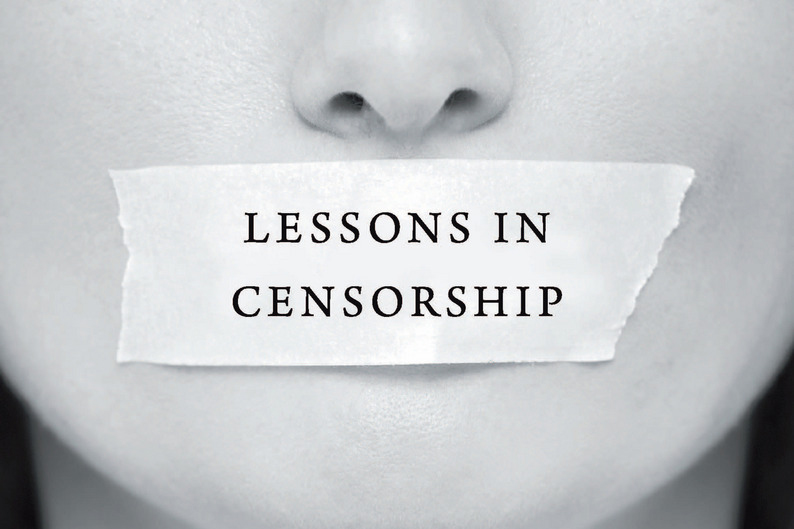In her new book, Lessons in Censorship: How Schools and Courts Subvert Students’ First Amendment Rights, Professor Catherine Ross explores how court rulings affect the speech rights of students in America’s public schools. She examines how well-intentioned efforts to combat bullying and hate speech may violate students’ constitutional rights and proposes ways to protect free speech without disrupting education.
Watch Professor Ross discuss her book at the Newseum.
For more information, please visit the book’s Amazon page.
From the Publisher
“We teach our children to celebrate freedom of speech but what freedom do they have when their schools too often punish them for exercising it? Catherine Ross’s powerful and lucid expose of the increasingly routine censorship of student speech is well worth our attention and concern.”
- Floyd Abrams, Cahill Gordon & Reindel, LLP
“A magnificent book, Catherine Ross has given us a beautifully written and original contribution to our understanding of the nexus of constitutional law, lower courts, and everyday life in our public schools. She persuasively demonstrates that schools and judges too often tech ‘lessons in censorship’ that threaten the First Amendment and our vital culture of democracy.”
- Erwin Chemerinsky, University of California, Irvine School of Law
The First Amendment Rights of Students
Catherine Ross examines how court rulings define young citizens’ speech rights
American public schools often censor controversial student speech that the Constitution protects. Lessons in Censorship(Harvard University Press; October 19, 2015; $39.95) brings clarity to a bewildering array of court rulings that define the speech rights of young citizens in the school setting. Catherine J. Ross examines disputes that have erupted in our schools and courts over the civil rights movement, war and peace, rights for LGBTs, abortion, immigration, evangelical proselytizing, and the Confederate flag. She argues that the failure of schools to respect civil liberties betrays their educational mission and threatens democracy.
From the 1940s through the Warren years, the Supreme Court celebrated free expression and emphasized the role of schools in cultivating liberty. But the Burger, Rehnquist, and Roberts courts retreated from that vision, curtailing certain categories of student speech in the name of order and authority. Drawing on hundreds of lower court decisions, Ross shows how some judges either misunderstand the law or decline to rein in censorship that is clearly unconstitutional, and she powerfully demonstrates the continuing vitality of the Supreme Court’s initial affirmation of students’ expressive rights. Placing these battles in their social and historical context, Ross introduces us to the young protesters, journalists, and artists at the center of these stories.
Lessons in Censorship highlights the troubling and growing tendency of schools to clamp down on off-campus speech such as texting and sexting and reveals how wellintentioned measures to counter verbal bullying and hate speech may impinge on free speech. Throughout, Ross proposes ways to protect free expression without disrupting education.


